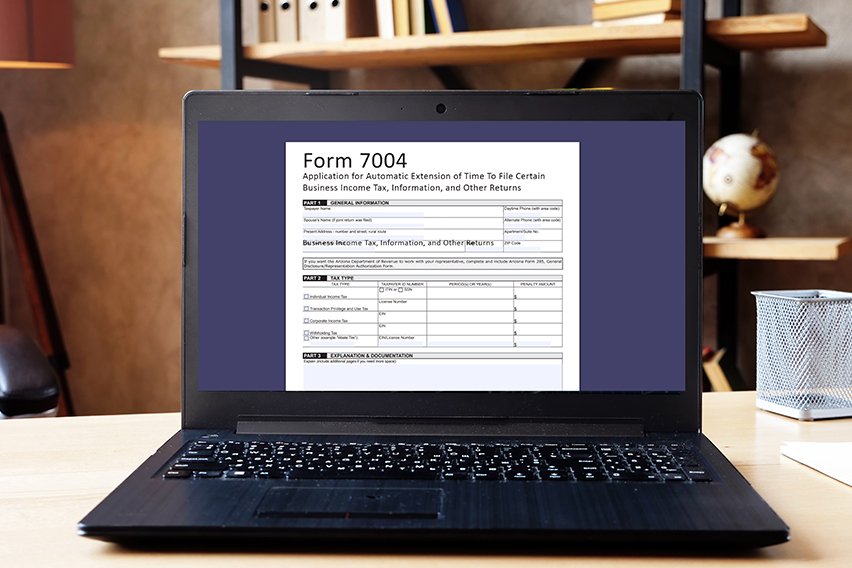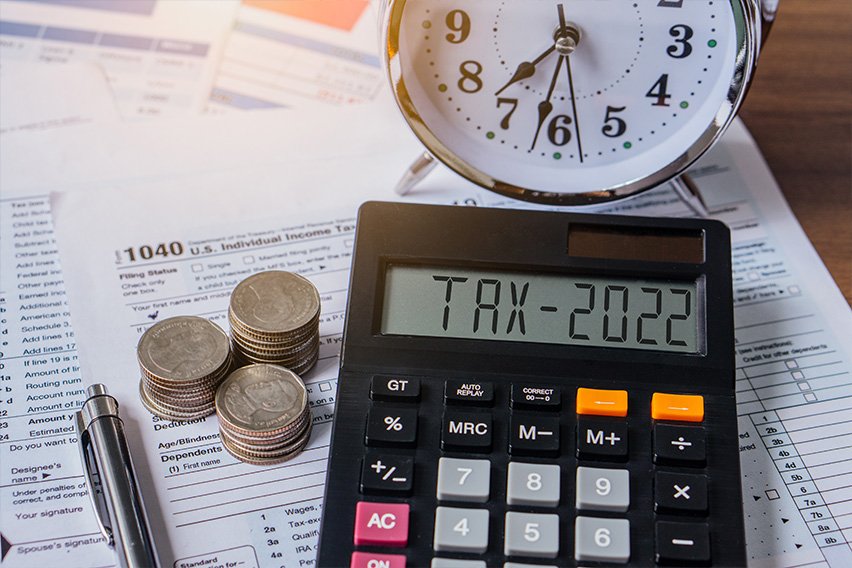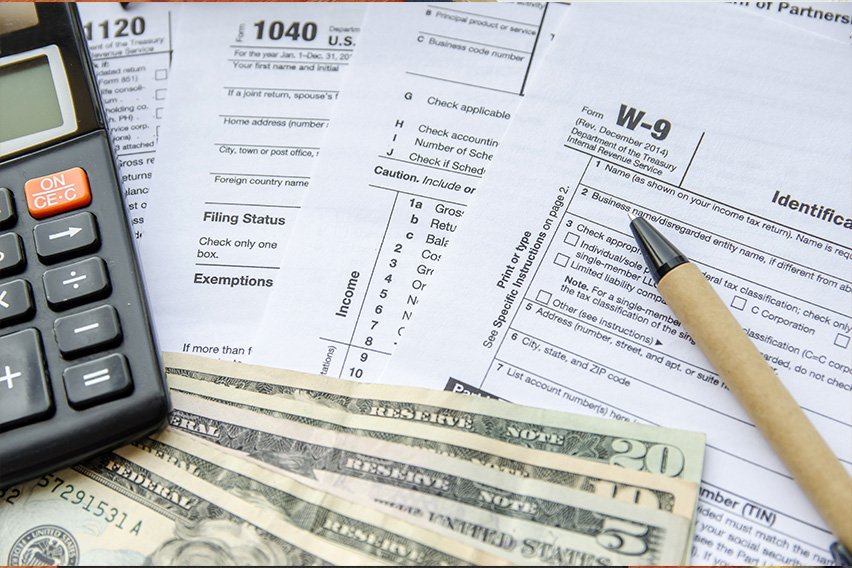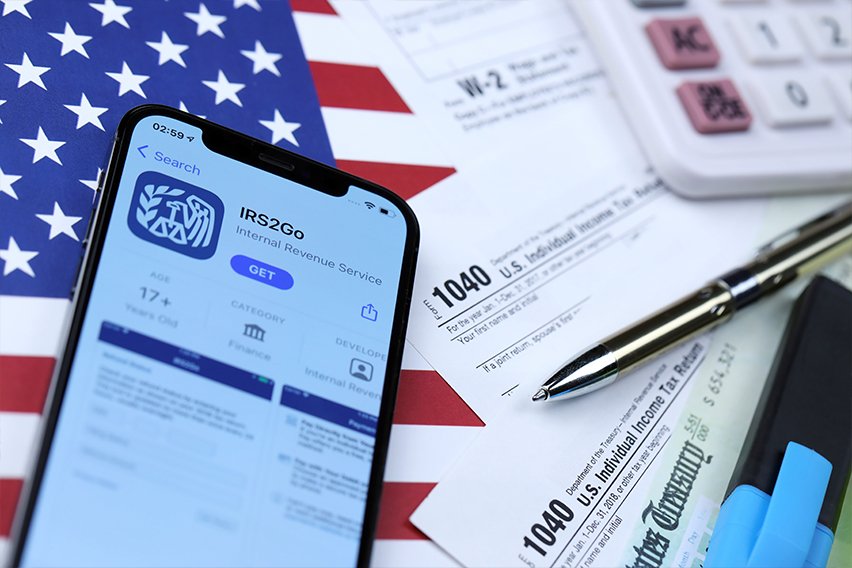What Is the Small Business Tax Rate?

Most small businesses are owned by individuals and are not corporations. Sole proprietorship, partnerships and a Limited Liability Company (LLC) do not pay business taxes and pay taxes at the personal tax rate of the owner.
Under the recent Tax Cuts and Jobs Act, larger businesses charged as corporations will have their taxes reduced from up to 37% to a flat 21%.
Since non-corporate small businesses are taxed through their owner’s personal tax returns, how much they pay in taxes can get mixed up with the tax owed by the individual for all forms of income, not just the income of the business.

Small businesses of all types pay an estimated average tax rate of 19.8 percent. This rate is the average of the tax for business or an individual taxpayer. The effective tax rate is calculated by dividing the total tax paid by the taxable income.
According to a SBA report, the tax rates for sole proprietorships is 13.3 percent rate, small partnerships is 23.6 percent, and small S corporations is 26.9 percent.
Don’t forget as a small business owner you must pay self-employment taxes which is a flat rate of 15.3% —12.4% for Social Security and 2.9% for Medicare. You can calculate this with your tax software program or your tax preparer.
Since small business file their business tax returns with their personal returns, the due date is the same as the personal income tax return due date – April 15. If that due date falls on a weekend or holiday, the next business day is the due date for that year. If your small business is a corporation or a parternship, there are additional returns that you must file with a different due date.
This article will also discuss:
What Percentage of Taxes Does an LLC Pay?
NOTE: FreshBooks Support team members are not certified income tax or accounting professionals and cannot provide advice in these areas, outside of supporting questions about FreshBooks. If you need income tax advice please contact an accountant in your area.
What Percentage of Taxes Does an LLC Pay?
A limited liability company (LLC) is considered a pass-through tax entity. In these types of companies, profits pass through the company to individual members. Individual members rather than the company itself, must report the members’ share of the profit on their personal tax returns.
For tax purposes, the Internal Revenue Services (IRS) agency treats an LLC as a sole proprietorship, a partnership, or if the LLC decides so, as a corporation.

Tax payers employed by an employer have tax withheld on their paychecks and that is how they pay their taxes to the government. Profits made to members of an LLC do not include tax withholdings, LLC members must pay estimated taxes on a quarterly basis to IRS and to state governments if applicable, like self-employed taxpayers.
The easiest way to know your estimated taxes for the current year is to use the tax return from the previous year to calculate it. In order to avoid IRS penalties, a taxpayer should make estimated tax payments that are at least equal to 90% of the total tax liability for the current year or 100% of the tax liability for the previous year (or 110% for taxpayers with higher incomes).
Members of an LLC are also responsible for paying self-employment taxes which is a flat rate of 15.3% — 12.4% for Social Security and 2.9% for Medicare.
RELATED ARTICLES

 What Is a Business Tax Receipt?
What Is a Business Tax Receipt? How to File an Extension for Business Taxes?
How to File an Extension for Business Taxes? Can a Small Business Get a Tax Refund? Insights and Ways
Can a Small Business Get a Tax Refund? Insights and Ways When are Business Taxes Due in 2025?
When are Business Taxes Due in 2025? Small Business Income Taxes
Small Business Income Taxes How Far Back Can the IRS Go for Unfiled Taxes?
How Far Back Can the IRS Go for Unfiled Taxes?